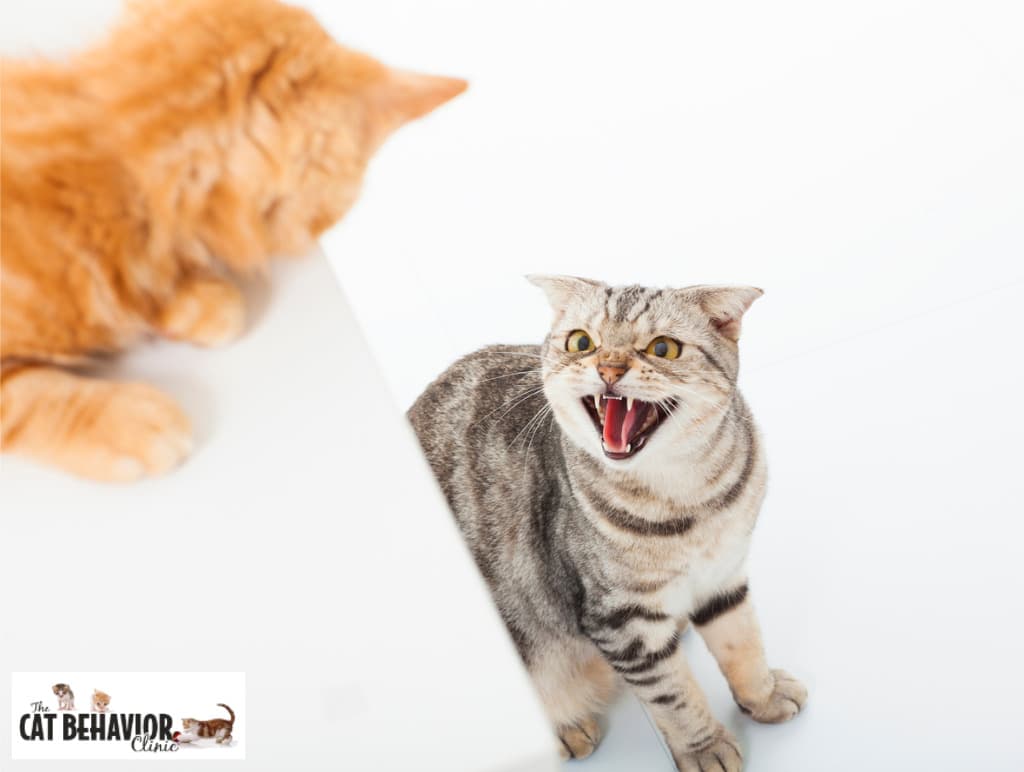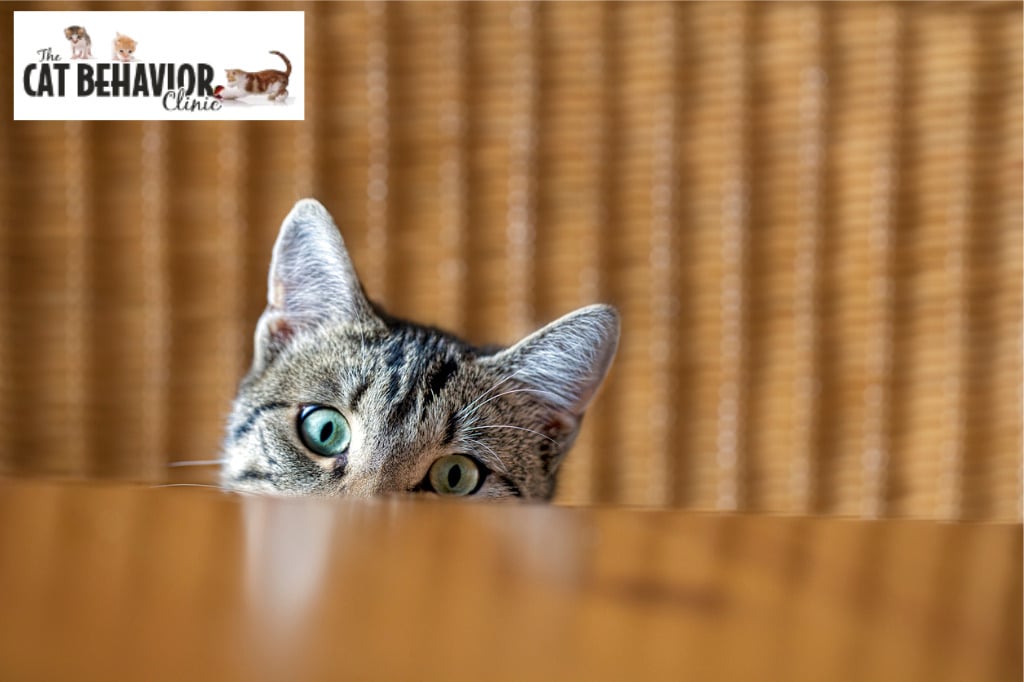How do cats change as they age?
Table of Contents
Introduction

Cats have fascinated and captivated humans for centuries with their enigmatic behavior and charming antics. Whether you’re a seasoned feline owner or a prospective cat enthusiast, understanding how cats evolve as they age is crucial for providing the best care for your beloved pets. Join me in this blog as we delve into the intriguing journey of a cat’s life, exploring how they transform physically, mentally, and emotionally from kittenhood to their senior years.
Q: How do cats change as they age?
A: From playful kittens to wise seniors, each stage of a cat’s life is marked by distinct physical, mental, and emotional changes that shape their personalities and needs.
Section 1: The Playful Kittens
Kittens, those adorable balls of fluff, embody boundless energy, insatiable curiosity, and an eagerness to explore the world. Their antics are nothing short of mesmerizing, but what is it about kittens that makes them so irresistible?
Kittens are in their developmental stage, and their bodies reflect this youthful exuberance. They are small, often with big eyes, and possess an abundance of playful energy. It’s not uncommon to see them pouncing on imaginary prey, chasing their tails, or batting at anything that moves. This phase is essential for honing their hunting skills and building strong bonds with their human companions.
While their physical characteristics may be endearing, it’s their mental and emotional development that truly sets them apart. Kittens are highly impressionable, and this is the time when they learn crucial social skills, including how to interact with other cats and humans. They are also prone to forming deep bonds with their owners during this stage.
In this phase, it’s important for cat owners to provide a safe and stimulating environment for their kittens, allowing them to explore and play while establishing a strong bond. It’s a delightful and rewarding time for both cat and owner as they create a foundation of trust and affection.
Section 2: The Adult Cats
As cats transition from their kitten stage to adulthood, they undergo several physical and behavioral changes. It’s important to understand these transformations to ensure the well-being of your feline friend.
Adult cats exhibit a more composed demeanor compared to their playful kitten days. Their bodies become sleeker, and their energy levels stabilize. While they may no longer engage in high-energy antics, they still love to play, hunt, and interact with their owners.
Mentally, adult cats become more independent, often seeking solitude and personal space. They may become more discerning in their choice of companions and may display territorial behavior. However, their bonds with their human companions continue to strengthen during this stage.
One of the key transformations in adult cats is their hunting prowess. As skilled predators, they are adept at stalking and catching prey, even if it’s just a toy. (This reflects their natural instincts and the fact that, in the wild, they would be responsible for securing their own meals.)
During the adult stage, it’s essential to provide mental and physical stimulation, as well as maintaining a balanced diet to support their health and energy levels. To foster a happy and content adult cat, be sensitive to its evolving social dynamics and give it space when needed.
Section 3: The Wise Seniors
In the later years of a cat’s life, they undergo profound changes that require specialized care and attention. Understanding these changes is vital in ensuring a comfortable and happy retirement for your feline companion.

Senior cats are characterized by their grace and wisdom. They may develop graying fur, slower movements, and, in some cases, decreased sensory functions. These physical changes are part of the natural aging process, and while they may not be as agile as they once were, senior cats still exude a unique charm and elegance.
Mentally, senior cats tend to be more relaxed and content. They’ve accumulated a wealth of experiences and are generally less anxious or excitable. However, cognitive issues can sometimes emerge, such as memory lapses or disorientation.
Cats in their senior years may require special attention to their health. Regular veterinary check-ups, a balanced diet tailored to their age, and a comfortable living environment are all essential. Additionally, providing mental stimulation through toys, puzzles, or gentle play can help keep their minds active and alert.
As our feline friends enter their golden years, it’s our responsibility to ensure they receive the care and respect they deserve. Understanding their physical and mental changes, and addressing their unique needs, will ensure they enjoy a fulfilling and dignified senior hood.
Conclusion
In this blog, we’ve explored the captivating journey of a cat’s life, from playful kittens to wise seniors. Each stage is marked by distinct physical, mental, and emotional changes that shape their personalities and needs. By understanding these transformations, we can provide our feline companions with the care, love, and attention they require at every stage of their lives.
Cats are remarkable creatures, and their transformations throughout life are a testament to their resilience and adaptability. By being aware of these changes, we can provide the best possible care and create lasting bonds with our feline friends. Whether it’s the boundless energy of kittens, the grace of adult cats, or the wisdom of senior cats, each stage is a unique chapter in a beautiful story of companionship and love.


